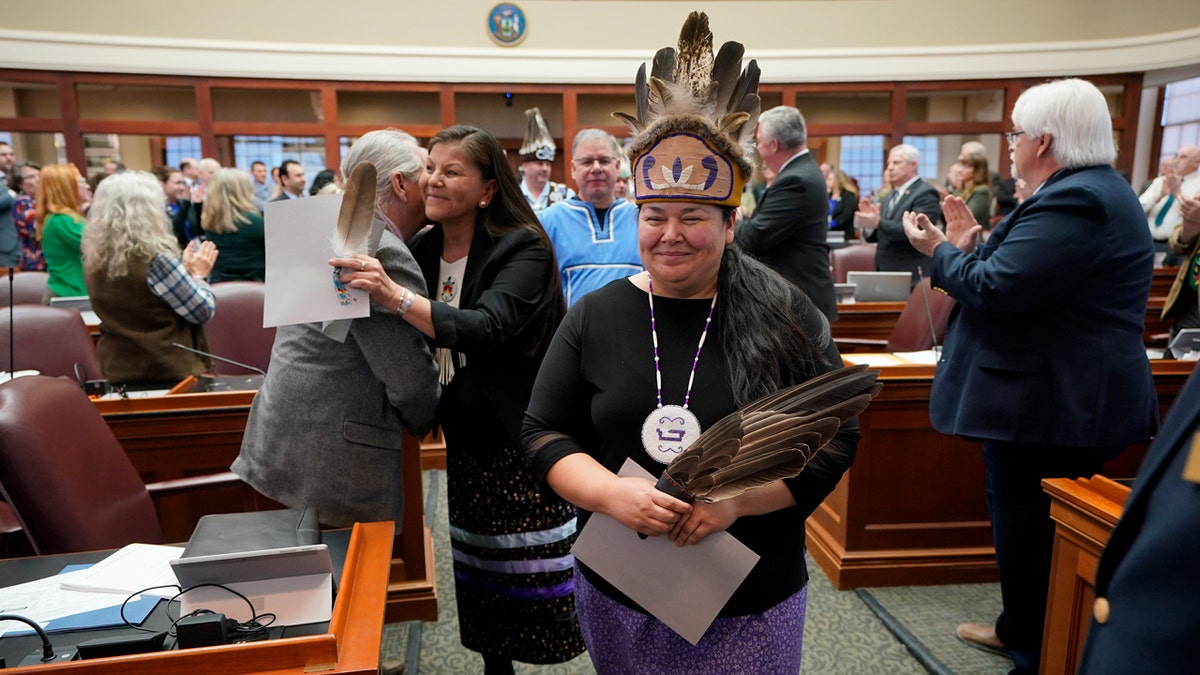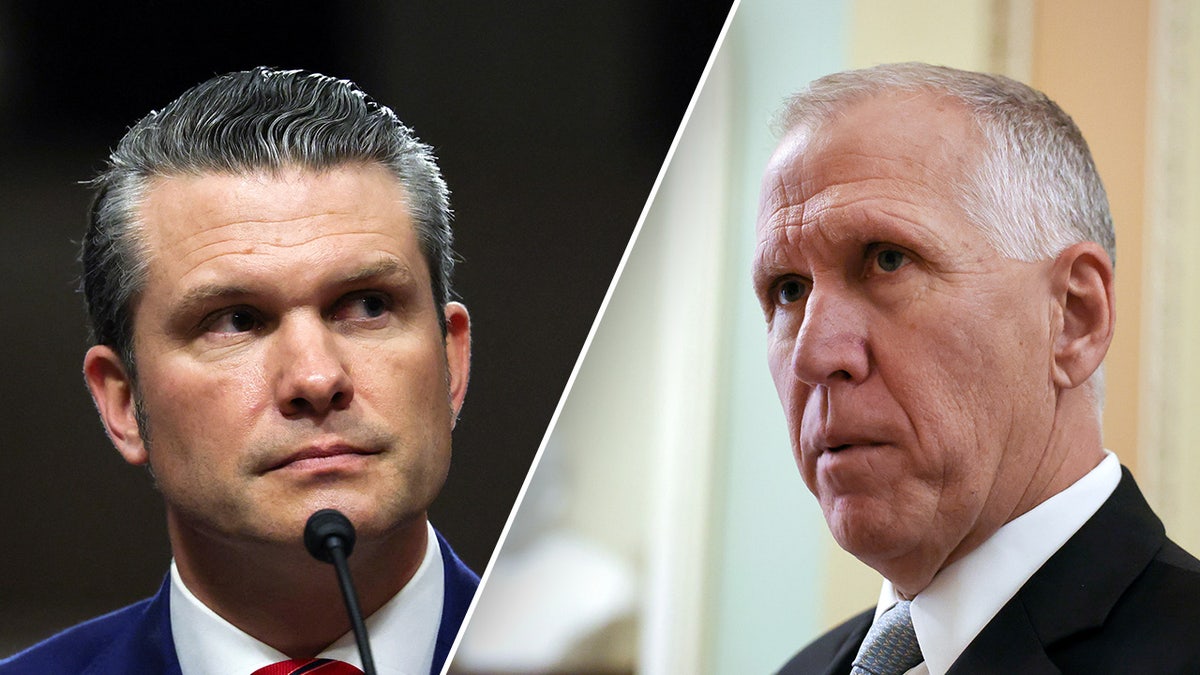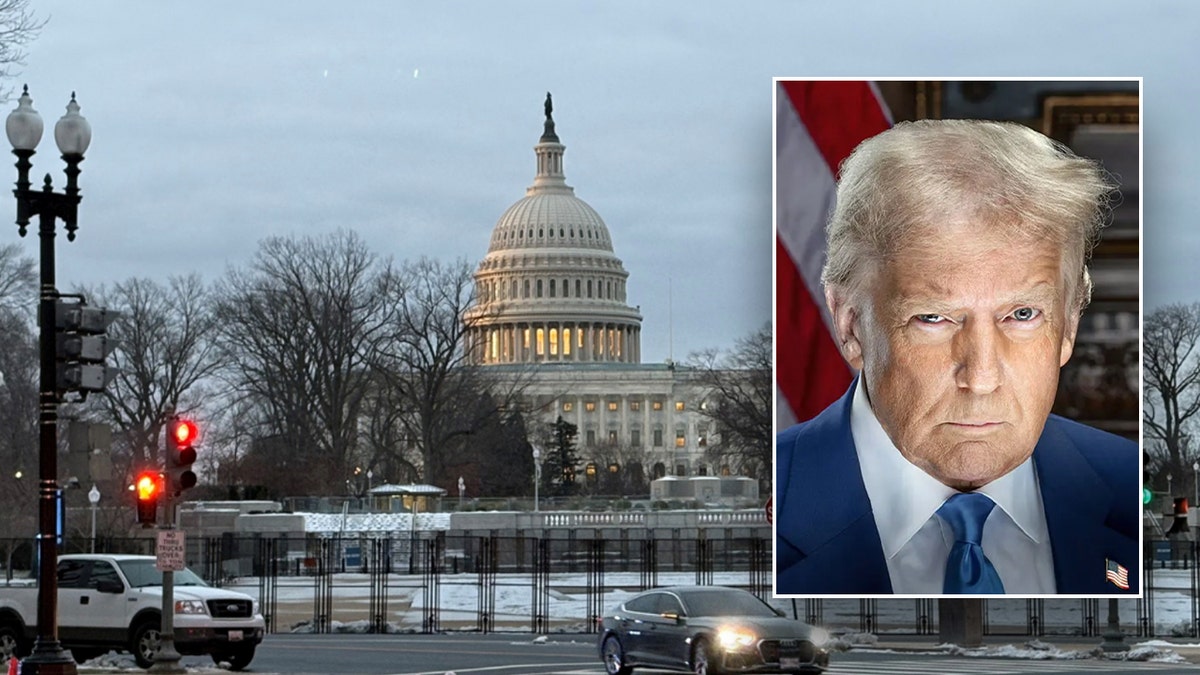In a setback for tribal sovereignty, Maine lawmakers failed to override Governor Janet Mills' veto of a bill that would have expanded the application of federal laws to Native American tribes within the state. The bill aimed to address the unique legal status of Maine tribes, which differs from other federally recognized tribes due to a 1980 land claims settlement. While the bill initially passed both legislative chambers with sufficient votes to override a veto, some House members changed their position following pressure from Governor Mills. The governor argued that the bill's vague language could lead to protracted legal battles.
Tribal Representative Aaron Dana urged lawmakers to support the bill, emphasizing that tribes seek the same fundamental rights as all Americans. He stated that the bill would simply ensure access to federal laws designed to improve the safety and well-being of Native communities. Tribal leaders expressed disappointment with the governor's decision, characterizing her as an obstacle to progress while thanking supportive lawmakers. Chief Rena Newell of the Passamaquoddy Tribe at Sipayik criticized the governor's actions as oppressive.

Governor Mills expressed her willingness to collaborate with tribes to ensure they receive the same benefits as other federally recognized tribes. She advocated for a cooperative approach, which she believes has been effective in the past. The 1980 settlement, signed by President Jimmy Carter, awarded $81.5 million to the Passamaquoddy, Penobscot, and Maliseet tribes, but also resulted in the tribes relinquishing certain rights. A subsequent 1991 agreement with the Mi’kmaq further complicated the legal landscape.
The governor argued that the jurisdictional issues arising from tribal land ownership, particularly concerning adjacent properties, pose significant challenges. She also maintained that only a limited number of federal laws do not currently apply to Maine tribes, such as the Indian Healthcare Improvement Act and disaster response legislation, and these can be addressed individually. She called for a collaborative effort involving tribes, the attorney general, and other stakeholders to develop a clear and comprehensive proposal.
However, tribes increasingly perceive the governor as resistant to necessary changes. Penobscot Nation Chief Kirk Francis suggested that the governor is clinging to outdated perspectives. Supporters of the bill emphasized that it explicitly excluded certain federal laws, including the Clean Water Act and the Indian Gaming Regulatory Act, to address the governor’s concerns, but she maintained that the bill's language was inadequate.
Despite the veto override failure, there were some positive developments in tribal relations. The governor signed a bill to align the Mi’kmaq settlement with the rights and benefits of other Maine tribes, highlighting the potential of collaborative efforts. Two other tribal-related bills were also signed into law. Tribal leaders remain optimistic about the future of tribal sovereignty in Maine. Representative Dana affirmed the tribes' commitment to advancing their sovereignty, and Chief Francis expressed confidence in growing support for their cause.








